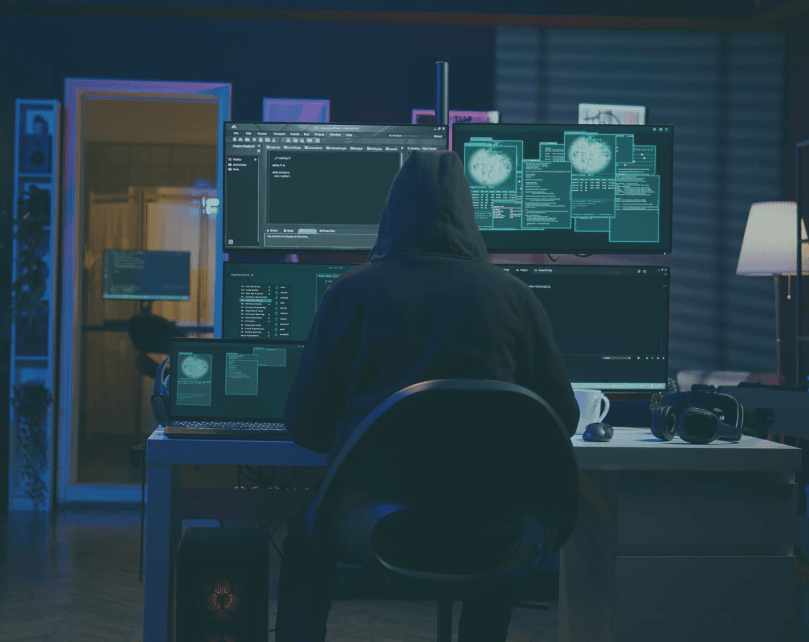Understanding Cybersecurity: More than Just a Buzzword
When you think of “cybersecurity,” you may picture complex code, hackers in dark rooms, and streams of data. However, cybersecurity encompasses much more. It’s about protecting your information, ensuring privacy, and maintaining the integrity of the digital world. At its core, cybersecurity defends computers, servers, mobile devices, networks, and data from malicious attacks.
These attacks can range from identity theft to compromising a large corporation’s security. In a world where data is more valuable than oil, protecting that data is now a top priority.
Why Cybersecurity Matters to Everyone
Cybersecurity isn’t just for large companies or government agencies; it’s a concern for all of us. Cybercriminals seek vulnerabilities in anyone’s systems, whether it’s a multinational corporation or a person with online banking. Here’s why cybersecurity should be your priority:
- Protecting Personal Information: Your personal data—such as National Insurance numbers, bank details, and passwords—is highly valuable to hackers. With it, they can steal your identity and cause severe damage.
- Securing Financial Assets: With online banking, digital wallets, and cryptocurrency, your financial assets are more vulnerable than ever. Cybersecurity helps protect them from theft and misuse.
- Maintaining Business Integrity: A cyberattack can devastate businesses, causing huge financial losses and damaging reputations. Effective cybersecurity is crucial for survival.
- Safeguarding National Security: Critical infrastructure—such as power grids, water supplies, and communication networks—relies on secure systems, making cybersecurity vital for national security.
Common Cyber Threats: What Are We Up Against?
The digital world is full of evolving threats. Here are some of the most common ones:
- Phishing Attacks: Fraudulent emails that trick you into sharing sensitive information like passwords or bank details.
- Ransomware: Malware that locks your data until you pay a ransom.
- Malware: Malicious software designed to damage or exploit your devices and data.
- DDoS Attacks: Overwhelming your network or website with traffic, causing it to crash.
- Insider Threats: Employees with access to sensitive information could unintentionally or maliciously compromise security.
How to Protect Yourself and Your Organisation
Here are some essential cybersecurity practices:
- Use Strong, Unique Passwords: Your first line of defence. Create robust passwords by mixing letters, numbers, and symbols, ensuring each is unique.
- Enable Two-Factor Authentication: Adds an extra security layer by requiring a second form of verification, like a text message code.
- Keep Software Updated: Regularly update your software to protect against vulnerabilities.
- Be Wary of Suspicious Emails: Always verify the source before clicking links or downloading attachments.
- Educate Yourself and Your Team: Stay informed about the latest cyber threats, and train your team to respond effectively.
The Role of Cybersecurity Professionals
Given the complexity of today’s cyber threats, cybersecurity has become a booming industry. Professionals design, implement, and monitor security measures to protect sensitive data.
For those pursuing careers in cybersecurity, it’s a challenging and rewarding field with significant impact.
Conclusion: The Future of Cybersecurity
The importance of cybersecurity will only grow. As technology advances—from artificial intelligence to the Internet of Things (IoT)—new vulnerabilities will emerge, making strong cybersecurity measures increasingly essential.
Cybersecurity is everyone’s responsibility. Taking proactive steps to protect your data and staying informed about the latest threats will help safeguard your digital life in this ever-connected world.
